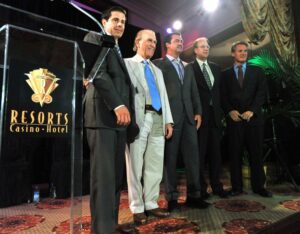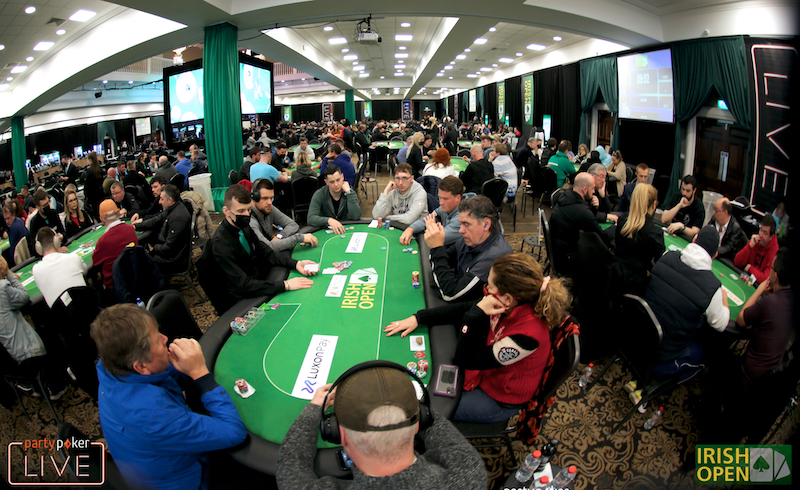
Atlantic City casino operations have experienced a 10.8 percent increase in gaming revenues during the month of September thanks largely due to the Labor Day holiday weekend falling entirely in the month.
The eight remaining casinos collected $230 million in revenue from slot machines, table games, and online gambling.
That’s more than $22 million higher than September 2014.
“The industry benefitted from having all of Labor Day weekend in September 2015, whereas Friday through Sunday of Labor Day weekend 2014 was in August,” the New Jersey Division of Gaming Enforcement (DGE) said in a statement. “The industry also experienced strong table game results … up 26.2 percent.”
Online Poker Struggles Continue
The unofficial end of summer holiday didn’t help the ongoing troubles of Internet poker. Peer-to-peer gaming collected just $1.7 million, its lowest month since the market first legalized in December 2013.
The DGE reports that iPoker in September experienced a 10.7 percent falloff from August and a 15 percent decline year-over-year.
Fortunately for poker players in the Garden State, an expected boost will come when PokerStars finally rolls out its network. The Amaya-owned card room dominated the US market prior to April 15, 2011, poker’s Black Friday, and continues to control the industry worldwide.
Internet poker currently sits in the gutter, but plenty of enthusiasm remains thanks to the DGE finally granting its approval of PokerStars’ license and its return to the United States.
Though New Jersey is an isolated iGambling environment that doesn’t share liquidity, that could change in the future.
State Senator Ray Lesniak (D-District 20) is expected to enter the 2017 gubernatorial race to replace Gov. Chris Christie.
Lesniak co-authored the state’s online gambling legislation and would likely be more receptive to interstate compacts than Christie.
Following the thorough DGE investigation into PokerStars and subsequent approval, Amaya is also going to likely apply for additional licenses in states with legalized iGambling.
Revel in Debt
Four casinos currently sit unoccupied along the Atlantic City Boardwalk, none more prevalent than the Revel.
The $2.4 billion resort, opened in 2012 and closed in 2014, has had little to celebrate since breaking ground. That won’t change anytime soon.
This week it was revealed the Bank of New York Mellon has begun foreclosure proceedings against ACR Energy Partners, the sole utility supplier to the mammoth structure.
ACR has been in a legal dispute with Revel’s new owner Glenn Straub since he acquired the property for $82 million in April.
As Revel spiraled into bankruptcy, payments to ACR went unfulfilled. Straub argues he isn’t on the hook for those delinquencies, and after the two sides failed to agree on new terms, the energy supplier cut off service.
ACR was ordered by New Jersey officials to power fire safety systems, but Straub has failed to pay for those incurred costs. Now $800,000 behind on payments, BNY Mellon has no choice but to foreclose on the company.
With growing competition in neighboring states and cities, land-based gambling destinations now accessible in Baltimore, Philadelphia, Connecticut and soon Massachusetts, less competition on the Boardwalk is welcomed by the remaining casinos.


